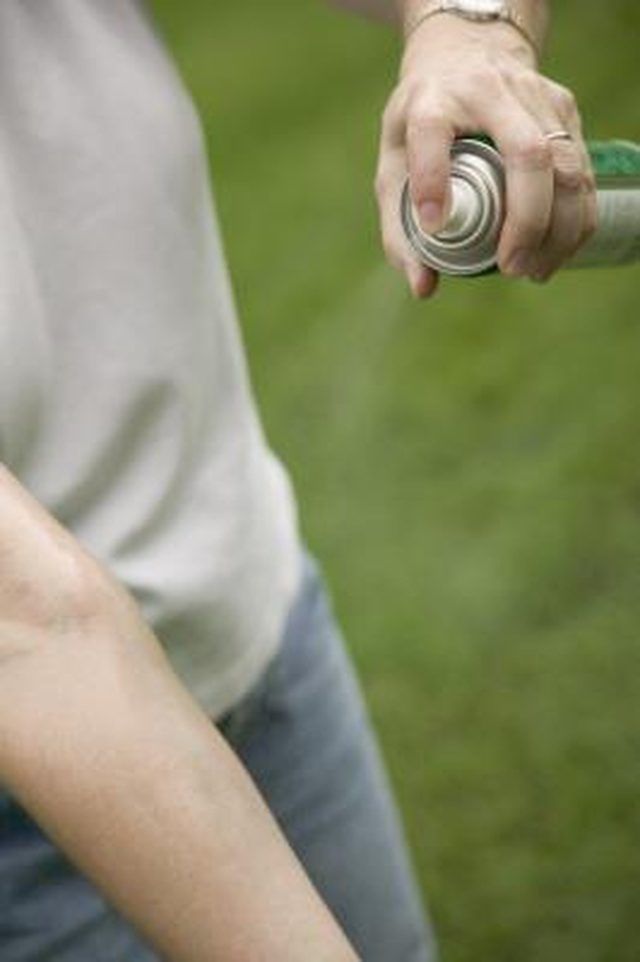Bulbs
Flower Basics
Flower Beds & Specialty Gardens
Flower Garden
Garden Furniture
Garden Gnomes
Garden Seeds
Garden Sheds
Garden Statues
Garden Tools & Supplies
Gardening Basics
Green & Organic
Groundcovers & Vines
Growing Annuals
Growing Basil
Growing Beans
Growing Berries
Growing Blueberries
Growing Cactus
Growing Corn
Growing Cotton
Growing Edibles
Growing Flowers
Growing Garlic
Growing Grapes
Growing Grass
Growing Herbs
Growing Jasmine
Growing Mint
Growing Mushrooms
Orchids
Growing Peanuts
Growing Perennials
Growing Plants
Growing Rosemary
Growing Roses
Growing Strawberries
Growing Sunflowers
Growing Thyme
Growing Tomatoes
Growing Tulips
Growing Vegetables
Herb Basics
Herb Garden
Indoor Growing
Landscaping Basics
Landscaping Patios
Landscaping Plants
Landscaping Shrubs
Landscaping Trees
Landscaping Walks & Pathways
Lawn Basics
Lawn Maintenance
Lawn Mowers
Lawn Ornaments
Lawn Planting
Lawn Tools
Outdoor Growing
Overall Landscape Planning
Pests, Weeds & Problems
Plant Basics
Rock Garden
Rose Garden
Shrubs
Soil
Specialty Gardens
Trees
Vegetable Garden
Yard Maintenance
The Mosquito Repellent, Picaridin
The Mosquito Repellent, Picaridin. There are many choices for mosquito repellents, and some are more effective than others. Picaridin is an active ingredient in mosquito repellent products approved by the Centers for Disease Control.

There are many choices for mosquito repellents, and some are more effective than others. Picaridin is an active ingredient in mosquito repellent products approved by the Centers for Disease Control.
Description
Picardin's chemical name is 2-(2-hydroxyethyl)-1-piperidinecarboxylic acid 1-methylpropyl ester. In lay terms, however, it is a colorless, almost odorless liquid added to products at certain concentrations to make them effective mosquito repellents, according to the University of Wisconsin's Integrated Mosquito Management program.
Picaridin and the CDC
Picaridin is one of the few products to make it on the CDC's list of approved mosquito repellents. Picaridin is a recommended alternative to DEET and, like DEET, considered a "conventional repellent," as opposed to a "biopesticide repellent." Picaridin, DEET and the biopesticide repellents, oil of lemon eucalyptus, PMD and IR3535, are all considered effective.
Picaridin vs. DEET
The University of Wisconsin's Integrated Mosquito Management program states picaridin is just as effective, or nearly as effective, as DEET when used in concentrations of 20 percent. Concentrations between 10 and 20 percent still provide good protection, but lower concentrations need further testing to determine efficacy.